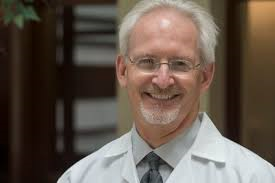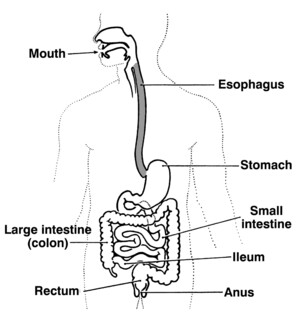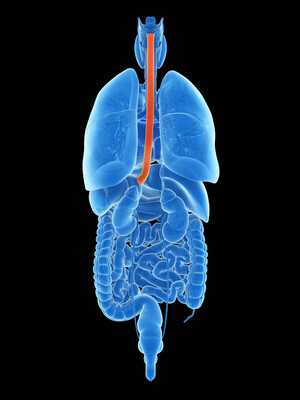- Adult Heart DiseaseDiseases of the arteries, valves, and aorta, as well as cardiac rhythm disturbances
- Pediatric and Congenital Heart DiseaseHeart abnormalities that are present at birth in children, as well as in adults
- Lung, Esophageal, and Other Chest DiseasesDiseases of the lung, esophagus, and chest wall
- ProceduresCommon surgical procedures of the heart, lungs, and esophagus
- Before, During, and After SurgeryHow to prepare for and recover from your surgery
April 11, 2017

Esophageal cancer is among the most common causes of cancer death around the world. In the United States, 12,000 to 15,000 new patients are diagnosed each year. Most patients are found to have an advanced stage of disease for two main reasons:
- Esophageal cancer does not provide many early warning signs.
- There is no routine screening available.
The best hope of cure is to have your cancer diagnosed at an early stage.

Types of Esophageal Cancer
There are two main types of esophageal cancer: squamous cell cancer and adenocarcinoma. Around the world, squamous cell cancer is by far the most common type. However, in the United States, adenocarcinoma makes up two-thirds to three-quarters of all esophageal cancers. Squamous cancers tend to occur in the upper esophagus, while adenocarcinomas most often develop in the lower esophagus.
Factors that predispose patients to squamous cell esophageal cancer include:
- Tobacco and alcohol abuse
- Methods of food preparation (in Asian countries)
- Ingestion of substances such as betel nut
- Predisposing diseases such as human papilloma virus (HPV) exposure, achalasia, tylosis, and esophageal webs
Adenocarcinoma of the esophagus is linked primarily to:
- Males
- White race
- History of gastroesophageal reflux disease (GERD)
- Obesity
- Barrett’s esophagus is an abnormal lining of the bottom part of the esophagus that is related to GERD. This is a premalignant condition that is a risk factor for esophageal adenocarcinoma.
Symptoms of and Screening for Esophageal Cancer
There is no general agreement in the US on which patients should be screened for esophageal cancer. I encourage patients who have a longstanding history of GERD to have a screening upper endoscopy during middle age to determine whether they have any abnormal findings such as Barrett’s esophagus. The absence of Barrett’s usually indicates a very low risk for developing esophageal cancer in the future. This finding is very reassuring to my patients.
There are few symptoms associated with early stage esophageal cancer:
- Persistent heartburn
- Indigestion
- Upper abdominal or chest pain
Patients whose cancers progress beyond early stage may experience:
- Food sticking after it is swallowed (dysphagia)
- Upper abdominal or chest pain
- Weight loss
- Fatigue
- Regurgitation of food
- Cough
Although these symptoms may be caused by other problems, I encourage anyone with such symptoms to be evaluated by a doctor to ensure that there is no concern about esophageal cancer.
If you suspect you have esophageal cancer based on the symptoms you are experiencing, you should seek a prompt evaluation. A typical evaluation begins with upper endoscopy to assess the lining of the esophagus and stomach. Often, biopsies are performed if anything suspicious is identified. If a cancer is diagnosed at a very early stage based on endoscopic findings, it may be amenable to endoscopic removal for cure without the need for surgery, chemotherapy, or radiation therapy.
Most patients who have symptoms suggestive of more advanced cancer require additional studies to determine the extent of the cancer, a process called staging. Esophageal cancer TNM stage is based on the depth of penetration of the tumor (T), whether adjacent nodes (N) are involved by the cancer, and whether the cancer has spread or metastasized (M) to other organs.

For staging, you would undergo a computed tomography (CT) scan, positron emission tomography (PET) scan, and endoscopic ultrasound (EUS). CT evaluates the size and location of the cancer and can identify evidence for tumor spread beyond the esophagus. PET is very effective in assessing whether the cancer has spread to other locations. EUS is best at assessing how deeply the tumor has grown into the esophagus and the status of adjacent lymph nodes.
Once the evaluation is complete, I sit down with my patients and their families to discuss the results of the staging and provide a recommendation for therapy. There are several different treatment options and combinations available for more advanced cancers. For your cancer, the choice depends on the stage of the cancer, its location, your physical status, and your wishes regarding treatment aggressiveness in light of your overall goals.
Read more information about esophageal cancer.
The opinions expressed in this article are those of the author and do not necessarily reflect the views of The Society of Thoracic Surgeons.

